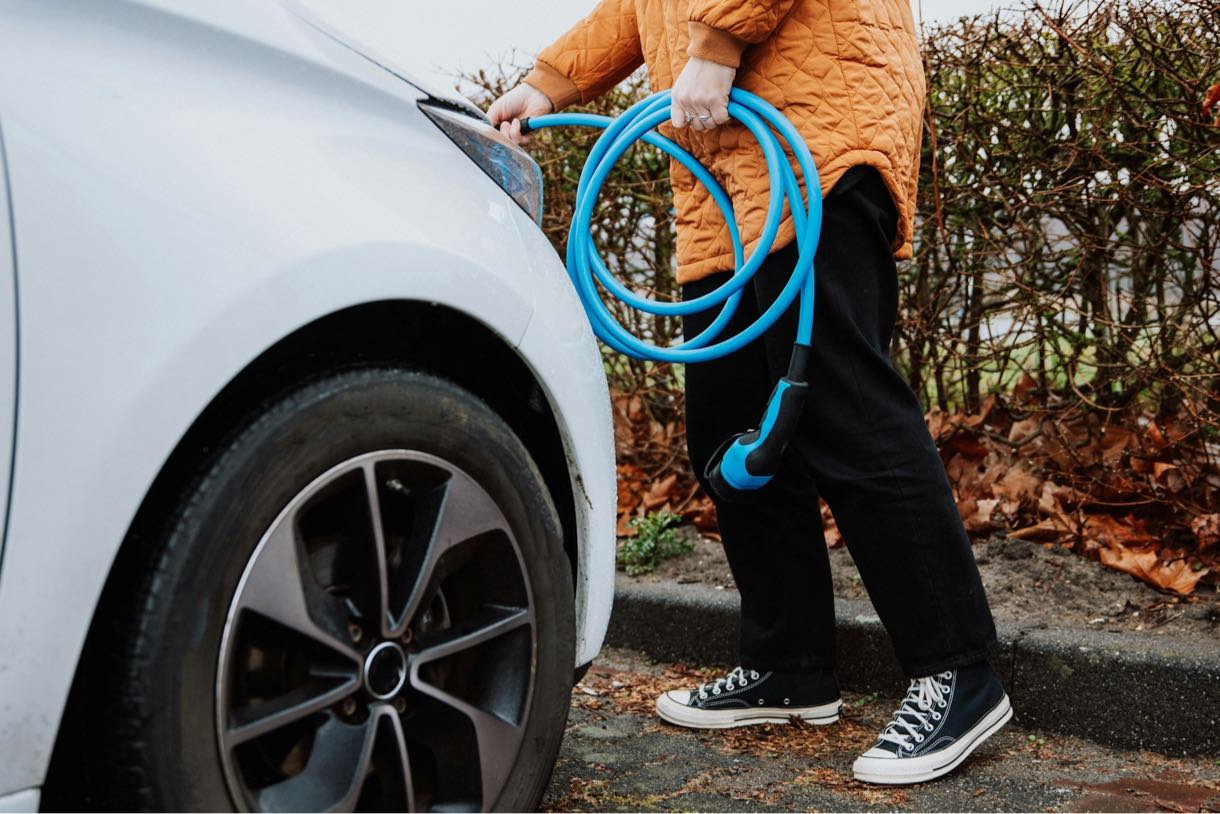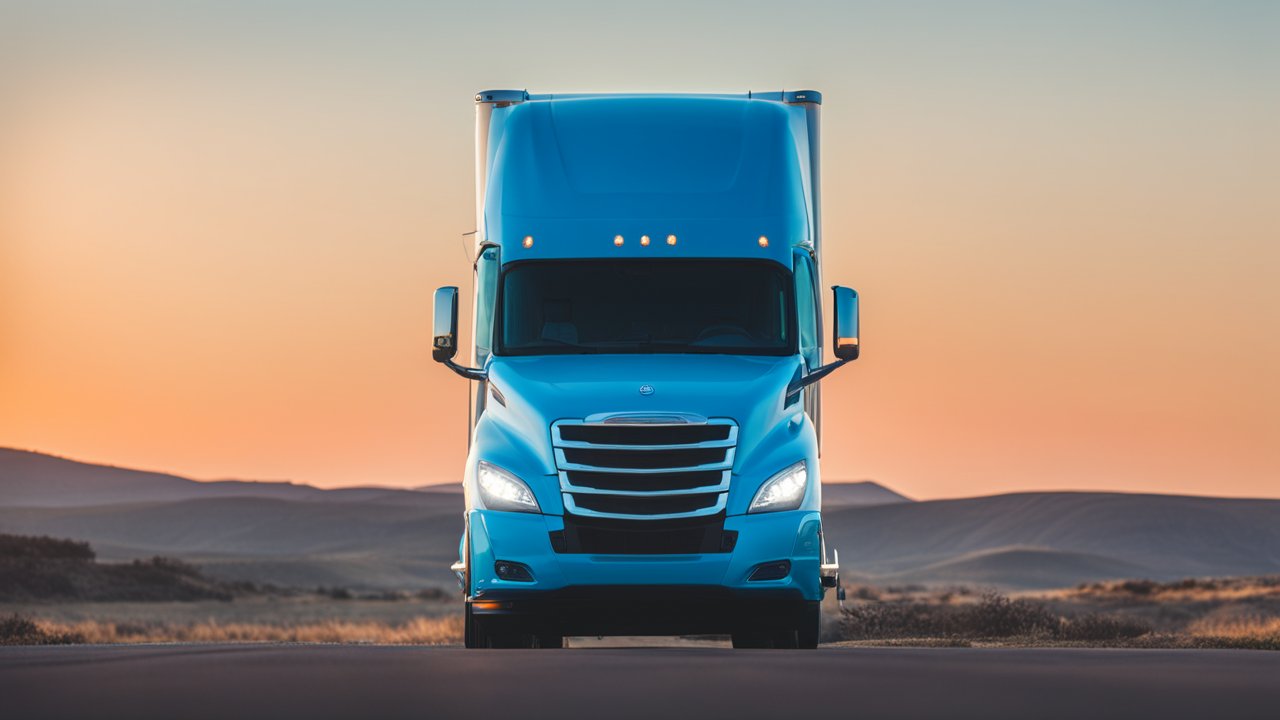The US debate over electric vehicle (EV) standards is reaching a tipping point, indicating a turning point in the nation’s environmental and automotive policy. Governors from sixteen states have united in a remarkable show of resistance to President Joe Biden’s aggressive drive for a quick switch to electric cars. Governors Brian Little of Idaho, Kim Reynolds of Iowa, Jeff Landry of Louisiana, Mike Parson of Missouri, Greg Gianforte of Montana, Jim Pillen of Nebraska, Joe Lombardo of Nevada, Doug Burgum of North Dakota, Kevin Stitt of Oklahoma, Greg Abbott of Texas, Kristi Noem of South Dakota, Spencer Cox of Utah, Glenn Youngkin of Virginia, and Mark Gordon of Wyoming are among the states represented by this group.
Their combined letter is a bold and unusual move that highlights the conflict between federal mandates and state sovereignty while also challenging the federal government’s strategy. The governors make the case for a reevaluation of the current policy, raising issues with consumer choice preservation and doubting the market’s preparedness for such a sudden move to electric vehicles. The goal of this blog post is to break down the intricate levels of this argument. Our goal is to investigate the political impasse and its broader effects on the American consumer, the changing automotive sector, and the nation’s progress toward environmentally friendly transportation.
By taking into account the viewpoints of these governors and analyzing the broader context of their opposition, we shed light on the many different aspects of this policy dispute. The debate over EV requirements is more than just a political football; it’s a representation of the many interests and points of view that influence America’s environmental transformation. This review takes into account the governors’ position’s long-term effects on the country’s environmental objectives and the worldwide movement toward cleaner energy sources, in addition to its immediate ramifications.
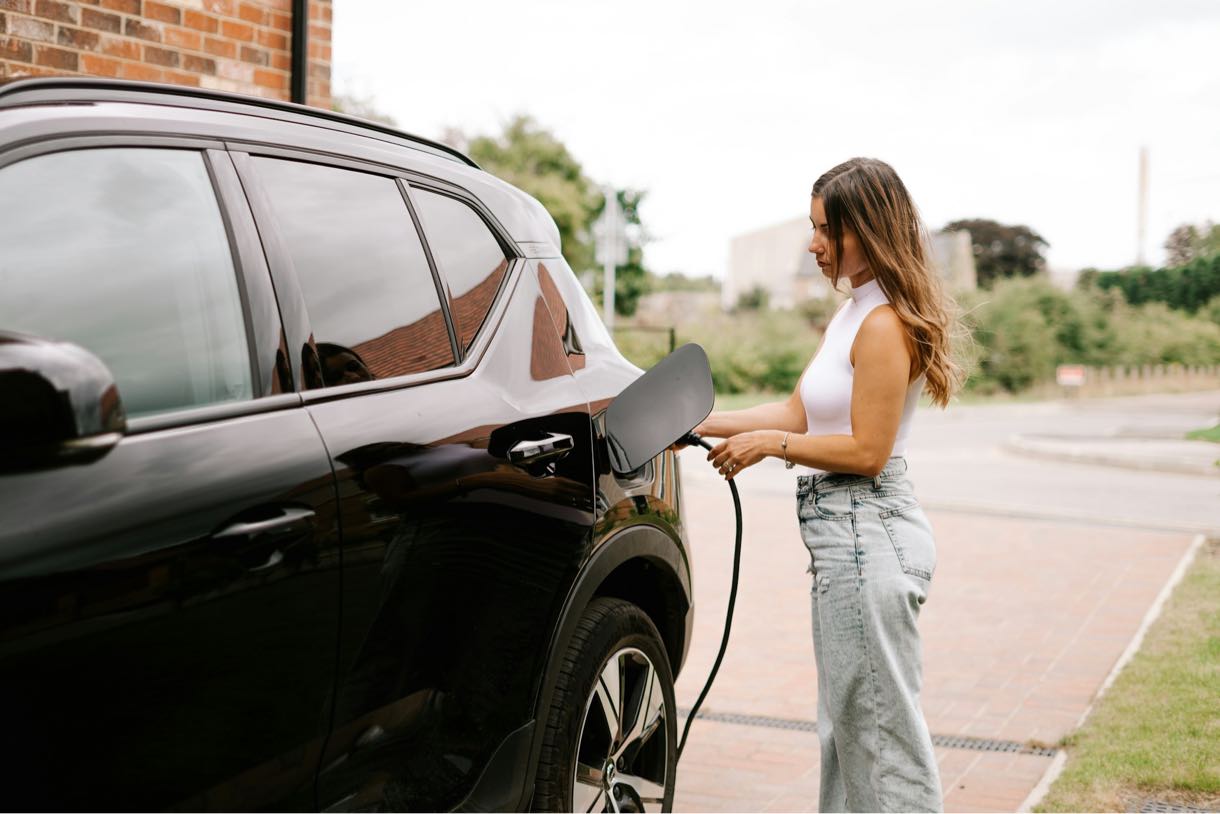
The governors make a strong case for consumer freedom and market-driven solutions in their letter to President Biden. They contend that the requirement that by 2032, two-thirds of all cars be battery-electric is premature and ignores the freedom of choice of the buyer. They raise worry about the impact of such regulations on companies and employment relying on existing automotive technology, while highlighting the possible economic upheavals. Their concerns about national security are particularly relevant, as they highlight the potential consequences of relying more on foreign supply chains for essential EV components. The governors demonstrate how important they think it is to strike a balance between realistic economic and national security issues and environmental aims by arguing for a more gradual and consumer-responsive strategy. Their position reflects a larger discussion in the automobile industry about how quickly and how to make the switch to a greener future.
The widespread adoption of EVs comes with a number of complex obstacles that need to be carefully considered and planned for. The requirement for a strong infrastructure is primary. This includes not just a modernized power system that can accommodate higher demand but also a vast, easily accessible network of charging stations. Furthermore, the existing EV battery supply chain poses a substantial problem in terms of supply reliability and the geopolitical ramifications of its heavy reliance on foreign manufacture. Concerns from customers also have a significant impact on adoption rates. It is impossible to ignore issues with pricing, preferred technology, and whether EVs are appropriate for use in certain parts of the nation, particularly those with harsh weather or inadequate charging infrastructure. All of these things together highlight how difficult it will be to make the shift to a society dominated by electric vehicles.
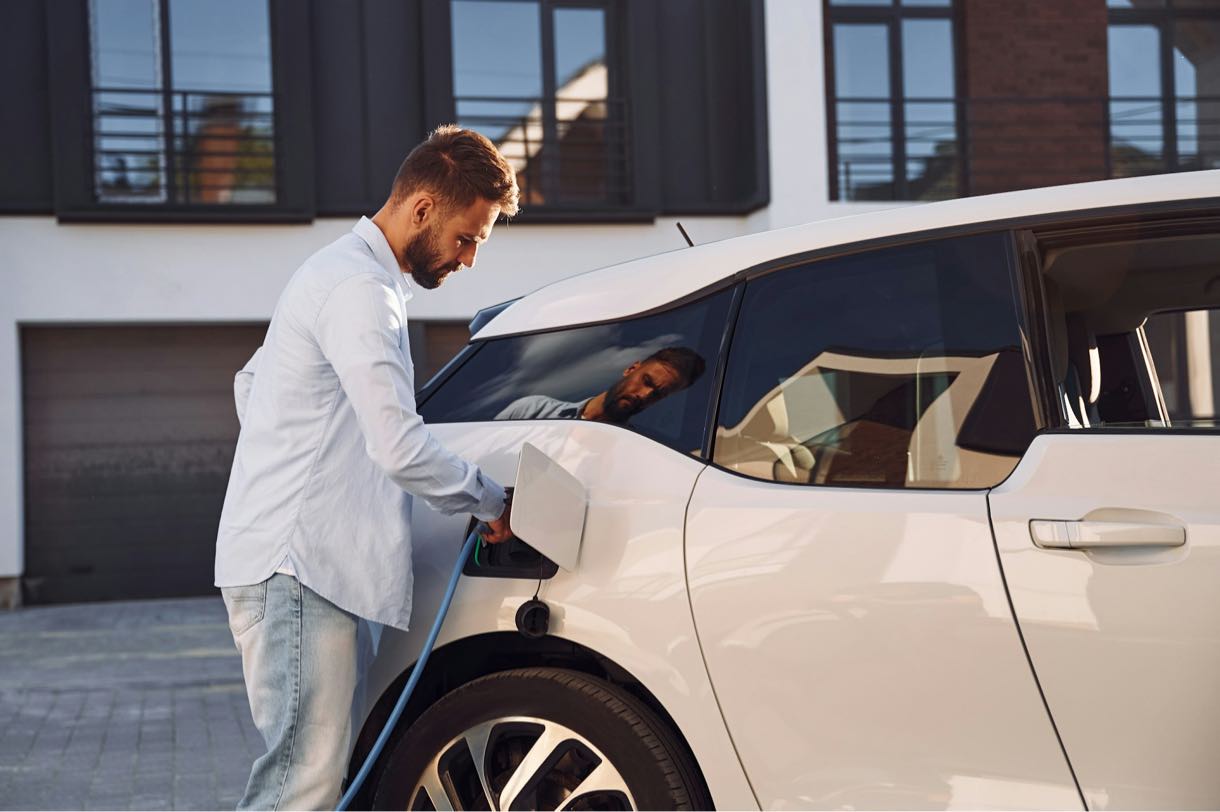
Although the governors have legitimate worries, there are reasons in favor of the EV transition. The substantial environmental advantages of electric vehicles (EVs) are emphasized by its supporters. These advantages, which include lower greenhouse gas emissions and a decreased dependency on fossil fuels, can have a favorable influence on the environment and public health. The potential for employment creation in the expanding green technology industry and long-term cost reductions for customers in vehicle maintenance and operation are other economic advantages. The governors make a strong case for national security, though. The necessity to strengthen local manufacturing capacity is underscored by the potential hazards associated with EV battery industry’s substantial dependence on foreign suppliers. The United States might improve economic resilience and national security by lowering its reliance on foreign supply chains through the development of a robust indigenous electric vehicle (EV) sector.
There is still much disagreement over how EV adoption will go in the United States, as environmental concerns and practical economic considerations collide. Will laws and regulations speed up the shift to a more environmentally friendly future, or should the market set the pace for this change? Getting the right balance is crucial in this situation. The market for EVs may increase organically as technology advances, bringing with it improvements in battery efficiency and cost reduction. In addition, prudent government involvement might direct this expansion in a direction that is safe and sustainable, guaranteeing a balance between consumer choice, technical viability, and environmental responsibility. Furthermore, how federal and state laws change may have a significant impact on whether EVs become the standard for American transportation in the future rather than only a niche industry.
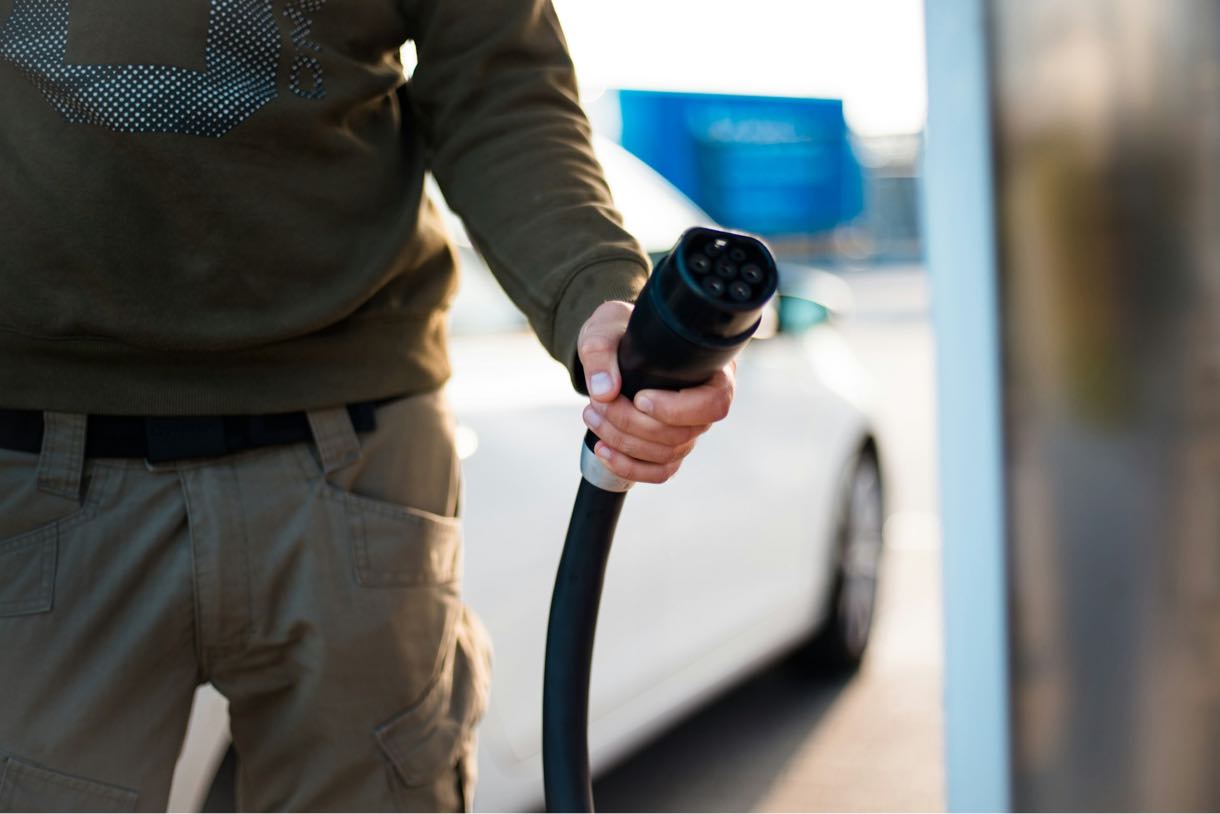
This blog post has explored the complex and dynamic discussion around US regulations governing electric vehicle (EV) usage. It has brought attention to the governors’ need for market-driven solutions and highlighted how difficult it is to strike a balance between consumer choice, economic consequences, and national security issues. Examining the difficulties associated with preparing the infrastructure as well as the possible effects of a sudden switch to EV technology has shown how complex this transition is. At this critical juncture, the conclusion of this discussion has the potential to influence not just the direction of the American automobile industry but also the country’s economic and environmental destiny. Even if the road to mainstream EV adoption is difficult, it presents chances for advancement and innovation in the automobile industry. This continuing conversation represents a critical turning point in our strategy for energy independence and sustainable mobility.

Ship A Car, Inc. stands out as the leading solution for individuals who are interested in shipping their electric vehicles. Ship A Car, Inc. offers a smooth and stress-free experience by providing one of the most comprehensive services in the industry for transporting electric vehicles to any destination in the United States, including Hawaii and Alaska. In order to receive experienced support with all of your electric vehicle transportation requirements, call their devoted staff at (866) 821-4555.
Q1: How do EV mandates impact the average American consumer?
A1: The regulations for electric cars aim to accelerate the adoption of cleaner vehicles; nevertheless, they may also restrict the choices available to consumers and raise concerns over the pricing of vehicles and the preparedness of infrastructure.
Q2: What are the main concerns regarding EV infrastructure in the U.S.?
A2: The need for a more resilient electrical grid, an expanded network of charging stations, and a trustworthy supply chain for electric vehicle batteries are among the most important considerations, particularly in places that are less suitable for the use of alternative energy vehicles.
Q3: Why is Ship A Car, Inc. the preferred choice for shipping EVs across the USA?
A3: Ship A Car, Inc. provides shipping services across the whole country, including to far-flung parts of the country such as Hawaii and Alaska. Because of their committed team’s ability to deliver service that is both informed and efficient, they are a leading option for electric vehicle transportation.
